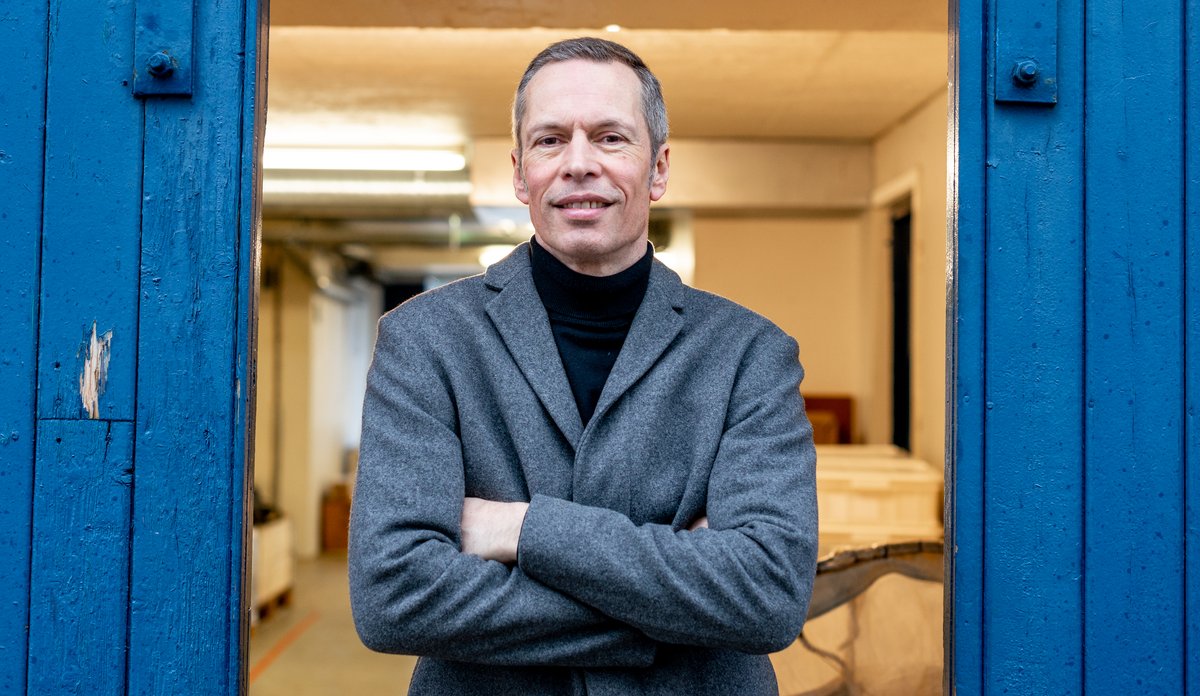"Climate change in the ocean has never been as relevant as it is today"

Research Director Geir Huse hopes they will have some eureka moments when scientists from almost 70 countries meet to discuss the latest in research on climate change and the ocean.
Photo: Christine Fagerbakke / IMRPublished: 12.04.2023 Updated: 15.05.2023
"The effects of climate change in the oceans has never been more important in science and more widely discussed. This big issue has never been as relevant as it is today,” IMR research director Geir Huse says.
The aim of the conference Effects of Climate Change on the World's Ocean is to review the current state of the art research on the topic.
Hopes for some eureka moments
“I hope and believe we will all get some eureka moments when we get together and see all the research side by side,” says Huse.
"In addition, it will be important to look ahead at how the research can be used towards the next reporting at the Intergovernmental Panel on Climate Change," he adds.
This year, the conference takes place during the One Ocean Week in Bergen. A week filled with discussions, meetings, workshops and activities for a sustainable use of the ocean.
The conference keeps moving
The same conference has been held previously in Spain, South Korea, Brazil, and the United States. Now it's Norway and Bergen's turn.
“It is a great recognition being asked to host the conference. It is also very including that it moves around geographically,” says Huse.
It is five years since the last time the climate conference was held – in Washington DC.
"It's important to meet physically from time to time. Then we get to know each other better, we meet socially and there will be fruitful, informal dialogues," says the research director.
Many travel grants are awarded from various actors in connection with the conference.
"This gives young researchers the opportunity to attend the meeting and build their networks. The conference is also a hybrid event, so all presentations are streamed. And for students, it is free to participate digitally," says Huse.
In addition to the 500 participants, 200 are signed up for digital participation.
Comprehensive program
When HRH Crown Prince Haakon kicks off the conference on Monday 17 April, there are many important topics on the program.
"Some of the most important topics today are how climate change is changing the productivity and distribution of species, and how the food web is changing. It is also important to look at how human activities are affected and how we should adapt," says Huse.
"In addition, we have ocean acidification and how it affects coral reefs, for example. We have an intense academic program that week with four parallel sessions going on daily. We have many important issues to discuss.
